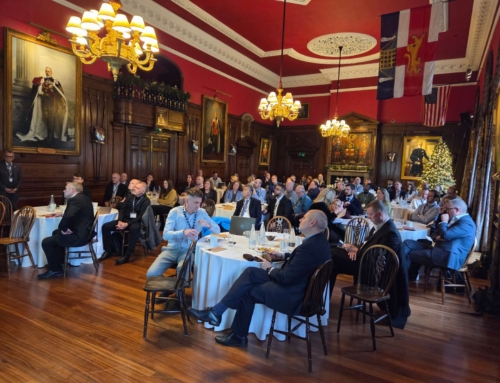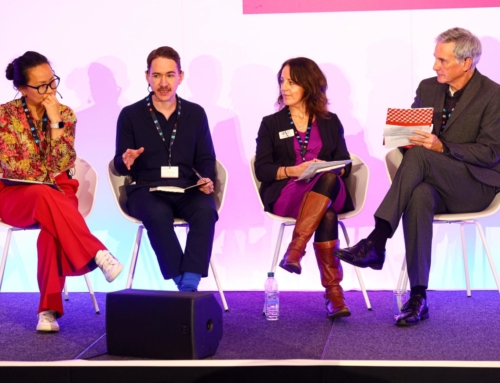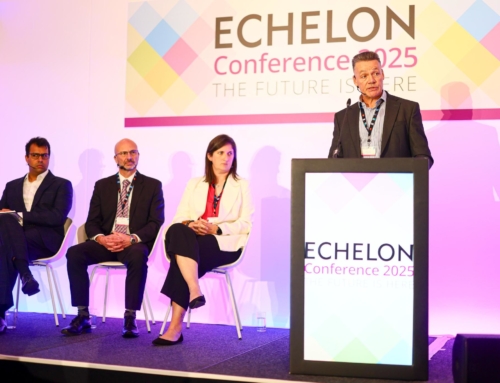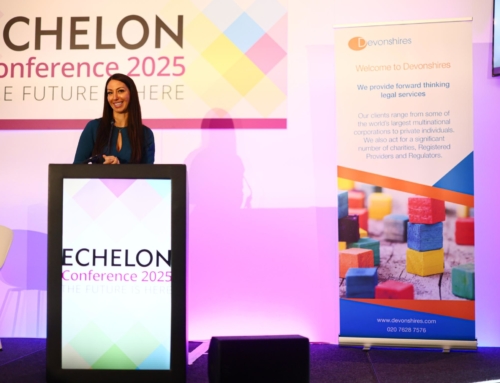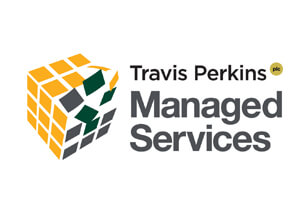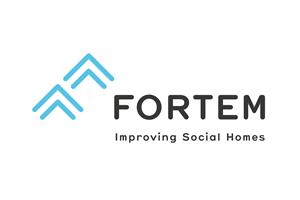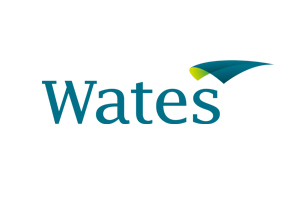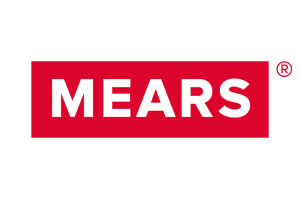Resourcing the social housing sector focus for AMIP meeting
The September meeting of AMIP, held at Thorpe Park, focused on resourcing in the social housing sector.
Construction Youth Trust Chief Executive Carol Lynch and Senior Impact Manager Emma Barnes opened the meeting, with a presentation about attracting young people into the sector.
They talked about the Thinking Differently programme, developed with the Wates Family Enterprise Trust, which examines how the built environment sector attracts, recruits and retains diverse young talent by collecting feedback from young people and working with employers to test different youth-led approaches to attraction, recruitment and retention.
Upfront information on pay and progression including starting salaries, typical remuneration packages and demonstrating strong progression pathways offered by the sector, are key to attracting young people, they said, as well as a greater understanding of the industry and the different roles available at an earlier stage.
Engagement with parents/guardians is vital, as is the opportunity to network with successful role models and more exposure to the workplace through work experience etc.
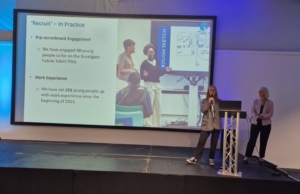
Finally, building a welcoming community for apprentices has a huge role to play in retaining young people within the sector, they explained, talking about ongoing support such as the CYT Alumni network which gives apprentices the opportunity to connect with each other.
Kim Glasgow Apprenticeships and Early Careers Manager at The Hyde Group outlined its apprenticeships programme.
She talked through the apprenticeship journey and the importance of taking a person-oriented approach to succession planning, as well as using apprentices’ experiences and feedback to build improvements.
Mentoring and support is key to sustaining apprenticeships she said, and Hyde runs a mentoring programme, and holds regular discussion groups, to offer ongoing support to its apprentices.
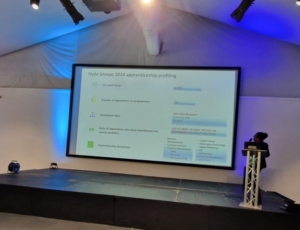
Work experience is key to promoting the opportunities that are available in the sector, explained Kim, and this year Hyde had a pipeline of 10 work experience placements to build awareness with schools and colleges students about future apprenticeship opportunities.
But while work experience is important Kim also outlined some of the potential barriers that organisations face to delivering work experience placements such as health and safety, and funding to support travel, PPE and general expenses.
She also talked about plans for the future, including working with Peabody, Metropolitan, Sovereign Housing and LSEC to explore delivering T Levels.
Liane Sheppard, Director of Property Services at LiveWest, talked about its apprenticeship drive and recruiting more women into trades.
LiveWest takes a different approach when it comes to apprenticeships, she said, encouraging mature apprenticeships as well as younger people.
“Apprenticeships can be for everyone,” she said and LiveWest encourages people to change their career and join the organisation.
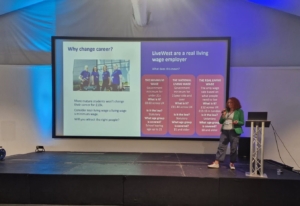
It has refined its apprenticeship recruitment process over the last few years changing the way that interviews are held and making it fun, with assessment centres including practical team building, assessors reviewing through the day (including during downtime), a session on customer service and speed dating with the assessors. Assessors include senior managers, hiring managers, mentors and apprentices.
They have recruited around 40 trade apprentices over the last couple of years explained Liane, with a focus on bringing more women into the sector and the majority of LiveWest’s female tradespeople have come through mature apprenticeships.
LiveWest is a real living wage employer and “money is a big thing” said Liane, explaining: “If you want to change what you’re doing, you need to invest in people”.
She spoke about the importance of showcasing the trades and having networks in place explaining that LiveWest encourages mentoring and telling stories and has been holding Women’s Taster Days for several years.
Lenna Cumberbatch, Director, Diversity and Inclusion Strategic Change at Inclusive Perspective, delivered an interactive session on inclusive recruitment.
Attendees were asked to participate in a poll around their EDI statements, risks etc, as well as being asked for their perceptions around equality, equity and inclusion,
Diversity does not diminish the impact of systemic inequalities, said Lenna, explaining that diversity isn’t the same as inequality, and asking organisations to consider whether their organisations are truly diverse.
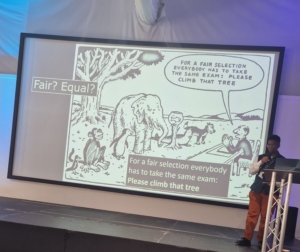
She talked about the difference between equality and equity and not treating everybody the same but giving them equal access or opportunities to ensure that hey being treated equitably.
The way in which organisations advertise for jobs and recruit can have an impact on EDI, she said and asked the audience to consider whether there are unnecessary barriers within their processes, and looking at opportunities for bias throughout the recruitment process.
Creating inclusive environments is key to staff retention, she said “you can get anyone through the door but can you keep them?”
She talked through an action plan for removing barriers to improving diversity among employees and strategic planning.
Recruitment trends was the focus of the presentation from Jack Burgess, Associate Director and Elise Langton, Divisional Manager at Build Recruitment.
They talked through how recruitment is changing, the lack of people coming into the sector, and the challenges posed by the changing regulatory landscape etc.
There is an average of 37,000 construction vacancies at any one time in the UK in 2024 and barriers to recruitment include an ageing workforce (for example, the median age of gas engineers in sector is 55), insufficient training programmes particularly amidst more stringent regulations, limited awareness of career opportunities in the sector, a lack of diversity and gender equality in the sector, tendency to recruit “like for like” – reluctance to look at transferrable skills, a critical shortage of qualified candidates – retrofit, fire safety etc.
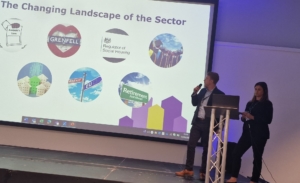
The skills shortage means that qualified candidates have a choice of where they want to work, so attracting people can be difficult.
Having the right measures in place and selling the benefits of your organisation is vital, they said, talking about creating the right culture, having support in place for candidates to succeed, such as 1-2-1s, annual appraisals, employee recognition schemes, opportunities for progression, etc.
They also talked through delivering a positive candidate experience in terms of feedback, onboarding and the induction process.
They concluded by talking about planning ahead through the creation of apprenticeship/graduate schemes, training your teams to recruit fairly and successfully, minimise attrition within the first 12 months, working with suitable partners who know your business and culture, can identify those who would be a good fit and sell the benefits of working for your business, spreading awareness of your organisation to candidates who may not be actively looking, etc.
Anna West, Director of Talent and Relationships at MCP Property Services Ltd, delivered the final session of the day, which focused on building resource capability and generational attitudes to work.
She talked through understanding what the different generations, from boomers to Gen A bring to the workplace, and the considerations that need to be made in relation to recruitment & retention for each generation.
Anna introduced Lainie Newman, New Business Administrator, for MCP, who joined the company following completion of A Levels, after doing a work experience placement.
She talked about Lainie’s journey and her contribution to the business and explained that she had previously not know what the social housing sector was.
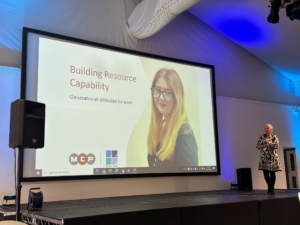
Anna highlighted that there is an opportunity for the sector to really sell what it does.
She also explained about the importance of retaining older team members in businesses who have a lot of knowledge to impart to less experienced colleagues.
Companies and organisations can effect change in people’s lives, she said, and the sector needs to work collaboratively and creatively.
There was a great deal of discussion and debate around skills, retention, and workplace cultures throughout the day but there was also time for a little bit of fun in the lunchbreak with attendees enjoying time in the theme park.
Read next – Procurement Act and Consumer Standards covered in AMIP meeting



